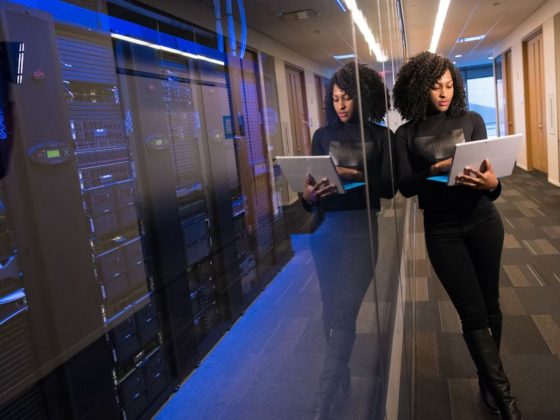The corporate world is undergoing a seismic shift. As businesses navigate an era defined by unprecedented change, staying competitive requires more than just keeping pace—it demands foresight, agility, and innovation. From embracing digital transformation to prioritizing sustainability, today’s organizations must adopt strategies that address evolving market dynamics and the growing complexities of global economics.
Understanding Market Dynamics in a Volatile Economy
The global economy remains in flux, influenced by geopolitical tensions, technological disruptions, and shifting consumer preferences. To thrive in this environment, businesses must move beyond reactive strategies and adopt proactive measures. This includes leveraging data analytics to anticipate market trends, understanding regional economic shifts, and diversifying revenue streams to mitigate risks.
Moreover, consumer behaviors are increasingly unpredictable, shaped by external factors like inflation, energy costs, and environmental concerns. Companies that succeed are those that can align their offerings with these changing priorities while maintaining operational efficiency.
Operational Excellence as a Competitive Advantage
Operational excellence remains a cornerstone of business success. Companies that streamline workflows, optimize resource allocation, and foster a culture of continuous improvement are better positioned to weather economic uncertainties. Lean methodologies and process automation have become essential tools for improving efficiency while maintaining quality.
One key trend is the growing adoption of intelligent technologies such as artificial intelligence (AI) and machine learning. These tools not only improve decision-making but also enhance customer experiences by enabling personalization and predictive analytics. Businesses that embrace these innovations are more likely to gain a competitive edge.
Sustainability: The Non-Negotiable Imperative
Sustainability is no longer a “nice-to-have” but a business necessity. With increasing regulatory pressures and a more environmentally conscious customer base, companies are being held accountable for their environmental footprints. Organizations that integrate sustainability into their core operations—from supply chain management to product design—are more likely to win long-term loyalty and investor confidence.
However, achieving sustainability goes beyond meeting regulations; it involves embedding ethical practices into the organizational culture. Transparency, fair labor practices, and responsible sourcing are now critical to building trust with stakeholders.
The Role of Leadership in Shaping the Future
In times of uncertainty, strong leadership becomes the differentiator between success and stagnation. Leaders today must be adaptable, empathetic, and forward-thinking. Building resilient teams, fostering innovation, and prioritizing employee well-being are as crucial as meeting financial goals.
A forward-looking leader also recognizes the importance of continuous learning—both personally and organizationally. Investing in upskilling employees and fostering a learning-oriented culture prepares organizations to tackle emerging challenges and seize new opportunities.
The Path Forward
The future of business will be defined by how well organizations adapt to an ever-changing environment. Companies that combine strategic foresight with operational discipline, embrace technology, and prioritize ethical practices will be best positioned for sustainable growth.
As the corporate landscape evolves, the key takeaway for business leaders is clear: agility and innovation must become part of an organization’s DNA. By staying ahead of trends and building resilience into every facet of their operations, businesses can not only survive but thrive in a world where change is the only constant.
Image Source: Unsplash.com









